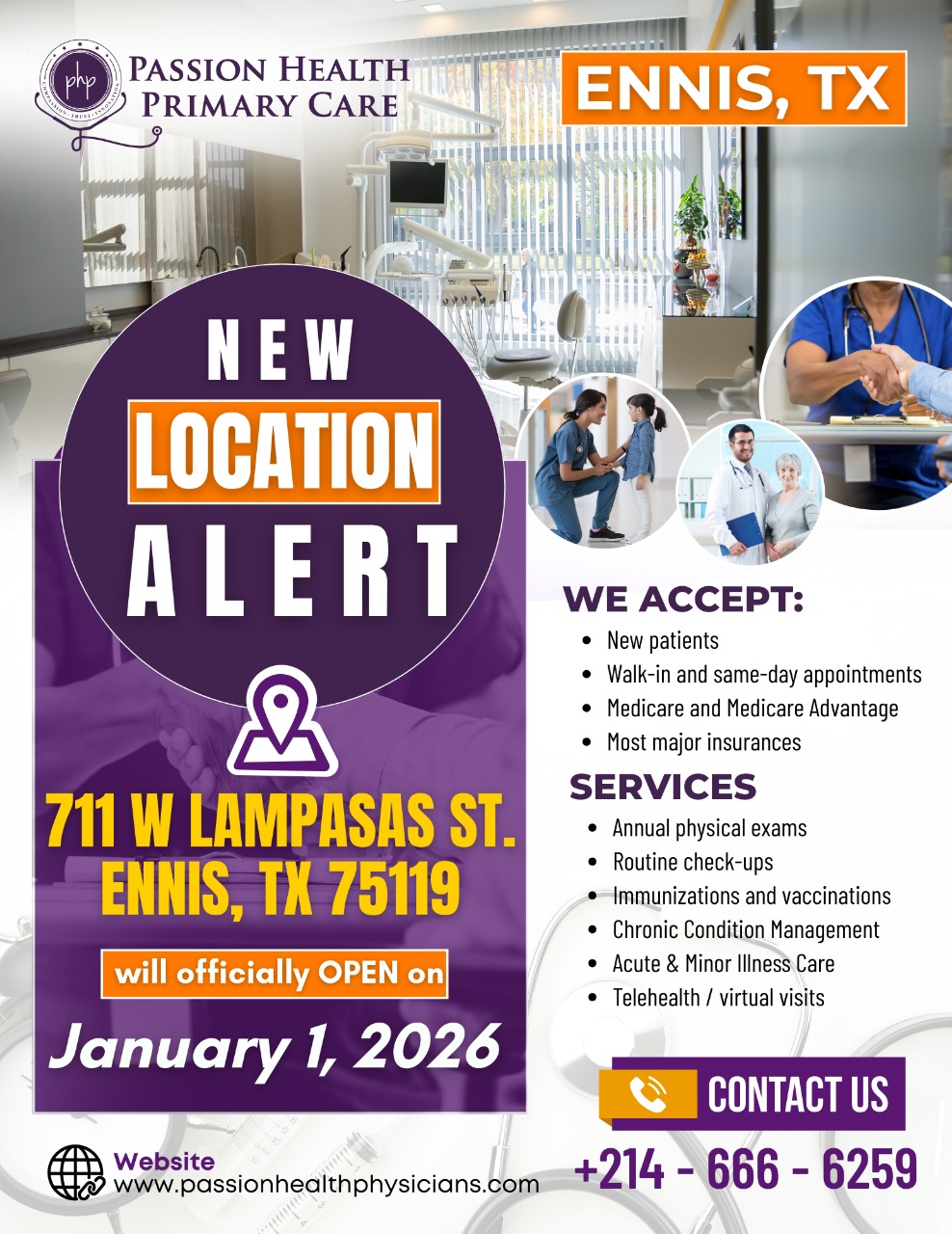A Patient-Centered Guide to Smarter, Faster, More Personalized Healthcare
Artificial Intelligence (AI) is not science fiction—it’s changing how you experience primary care right now. From faster diagnoses and 24/7 access to personalized treatment plans, AI in primary care is helping doctors deliver better, more efficient care.
As a patient, you might be asking:
- How does AI help me personally?
- Can I trust it to be reliable and secure?
- Will AI replace doctors?
This guide answers all your questions with real-life examples and shows how using artificial intelligence in healthcare makes your experience more effective and personalized.
What Is AI in Primary Care?
Artificial intelligence in healthcare refers to advanced computer programs that analyze your symptoms, medical records, and test results to support your healthcare provider. These smart tools enhance accuracy, speed, and personalization, helping your doctor focus more on you.
Quick Stat: 88% of patients now research providers online, AI makes that information more relevant and reliable.
How AI Benefits You as a Patient
1. Faster, More Accurate Diagnoses
AI-powered tools can read X-rays, MRIs, and lab reports with high accuracy, catching issues early and helping avoid misdiagnosis.
Real Result: AI detects certain cancers with 94% accuracy, compared to 88% by human specialists.
2. Personalized Treatment & Prevention
AI builds a full picture of your health using:
- Medical & family history
- Lifestyle factors
- Genetic data (if available)
- Current symptoms
Result: Care tailored to YOU, not a one-size-fits-all plan.
3. 24/7 Virtual Health Assistants
AI chatbots and virtual assistants are your round-the-clock support team:
- Answer health questions anytime
- Check symptoms
- Book appointments
- Send medication reminders
85% of patients find AI assistants helpful
92% appreciate instant answers
4. Easier Scheduling & Admin
No more long hold times! AI automates:
- Appointment bookings
- Insurance checks
- Medication refills
- Test result alerts
Time Saved: Appointment wait times reduced by 15%, 60% fewer admin calls.
5. Better Doctor-Patient Conversations
AI handles the note-taking so your doctor can focus on you. It also:
- Suggests treatments in real-time
- Ensures you’re up to date on preventive screenings
- Provides personalized health education
Real-Life Uses of AI in Healthcare
Smart Medical Imaging
- AI detects early-stage diseases in imaging
- Provides second opinions
- Reduces the need for repeat scans
Chronic Disease Monitoring
For conditions like diabetes, hypertension, and heart disease:
- AI tracks your health via devices
- Sends early alerts
- Recommends lifestyle tweaks
- Improves medication use
Preventive Care Reminders
- Never miss vaccines or checkups
- Get screening alerts
- Receive personalized lifestyle tips
- Coordinate care with other specialists
AI & Privacy: Is My Health Data Safe?
Yes. Healthcare providers use strict security protocols:
- HIPAA-compliant encryption
- Access control (only your care team can view)
- AI learns without seeing your personal data directly
- Routine security audits protect your records
Will AI Replace My Doctor?
No. Can AI replace doctors? In reality, AI is a support tool, not a replacement. Your doctor still:
- Makes all final decisions
- Interprets AI results in context
- Provides emotional support & human judgment
- Handles complex, nuanced situations
How Accurate Is AI in Healthcare?
AI tools are clinically tested and often outperform traditional methods.
- 95%+ accuracy in imaging
- 98% accuracy in medication interaction detection
- 85% success rate in early risk prediction
Your doctor always reviews and confirms AI recommendations.
Could AI Be Biased?
Bias is a valid concern, but healthcare organizations are addressing it by:
- Training with diverse data sets
- Continuous performance monitoring
- Human oversight at all steps
- Regular updates to improve fairness
Frequently Asked Questions
Q. How will I know if AI is used in my care?
A. Clinics should inform you during check-in, consent, or via the patient portal.
Q. Can I choose to opt out?
A. Yes. You can request traditional care, but understand that some services may be limited without AI assistance.
Q. Does AI help in emergencies?
A. Yes. AI flags urgent issues for immediate doctor review—never left to act alone.
Q. Will AI increase healthcare costs?
A. No—AI reduces costs by preventing complications, avoiding duplicate tests, improving outcomes, and streamlining admin work.
Q. How is AI used in medicine?
A. AI is used in medicine for tasks such as analyzing medical images, predicting disease risks, personalizing treatment plans, monitoring chronic conditions, and automating administrative processes.
Q. Will AI replace doctors?
A. While AI can perform certain medical tasks faster or with greater accuracy, it cannot replace the human judgment, empathy, and complex decision-making of a trained physician.
Q. Can AI replace doctors completely?
A. No. AI works best as a partner to doctors, providing support and insights so healthcare providers can make better-informed decisions.
The Future of AI in Primary Care
Coming Soon:
- Predictive health alerts before symptoms begin
- Custom medications based on your genes
- Advanced virtual care from home
What You Can Do Now
Questions to Ask Your Doctor:
- How is AI used in my care?
- Can you explain what this AI tool does?
- How do you protect my data?
- What benefits can I expect?
Prepare for AI-Enhanced Visits:
- Use your patient portal
- Keep your records current
- Ask for educational resources
- Share feedback on your experience
Final Thoughts: The Human Touch Still Matters
AI is making healthcare smarter, faster, and more personalized—but it’s not replacing your doctor. It’s helping them care for you better. By staying informed and engaged, you become an empowered partner in your healthcare journey.
⚠️ Medical Disclaimer: This article is for informational purposes only and does not constitute medical advice. Always consult your physician for diagnosis and treatment.






